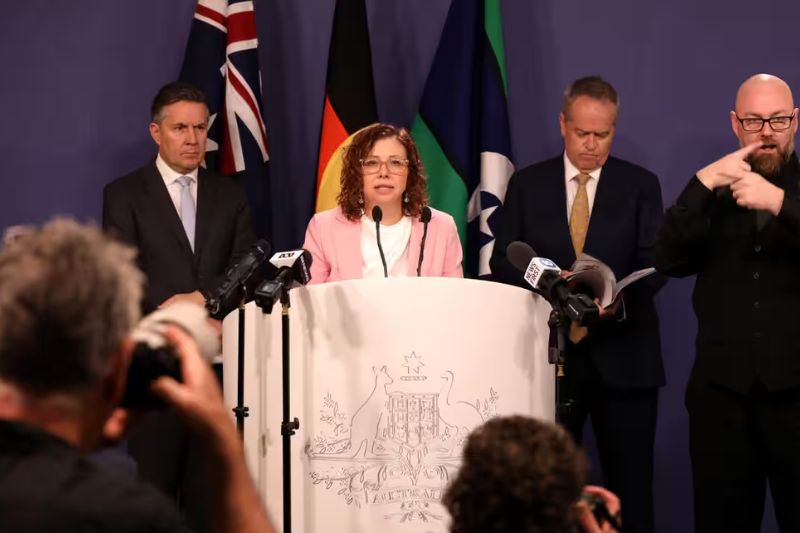Keywords: Human Rights Commission
-

AUSTRALIA
- Sandy Toussaint
- 13 February 2025
In Broome, the work of the Royal Commission into Aboriginal Deaths in Custody uncovers not only personal grief but also the enduring systemic failures that continue to claim Indigenous lives. As the commission’s findings remain largely unimplemented, the question remains: why has Australia failed to meaningfully address the injustice of these deaths?
READ MORE
-

AUSTRALIA
- David Halliday, Michael McVeigh, Laura Kings, Michele Frankeni, Andrew Hamilton, Julian Butler
- 18 December 2024
To close the year for Eureka Street, the editorial team are taking a step back to reflect on the character of 2024. What did it demand of us? What did it teach us about ourselves, and the world we inhabit?
READ MORE
-

AUSTRALIA
- Kevin Bell
- 29 November 2024
2 Comments
With unaffordable housing pushing families into impossible choices, homelessness affecting 120,000 people, and systemic inequities deepening, we must ask: What kind of society do we want to build — and for whom?
READ MORE 
-

AUSTRALIA
- Erica Cervini
- 03 October 2024
11 Comments
From hostile rhetoric on campuses to targeted attacks against Jewish individuals and businesses, instances of antisemitic behaviour have spiked since last October. Understanding its implications is crucial for safeguarding communities.
READ MORE
-

EDUCATION
- Jacinta Collins
- 20 August 2024
11 Comments
As the discourse surrounding religious freedom in Australia becomes increasingly contentious, especially in the context of schooling, we must address the growing perception that holding religious beliefs and values — and making choices based on them — is somehow discriminatory or at odds with modern society.
READ MORE
-

AUSTRALIA
- Justin Glyn
- 14 August 2024
The Federal Government response to the Disability Royal Commission is in. Out of 172 recommendations, only 13 have been fully accepted. These included many reforms that were already partially in progress. Disability advocates can, perhaps, be forgiven for being underwhelmed.
READ MORE